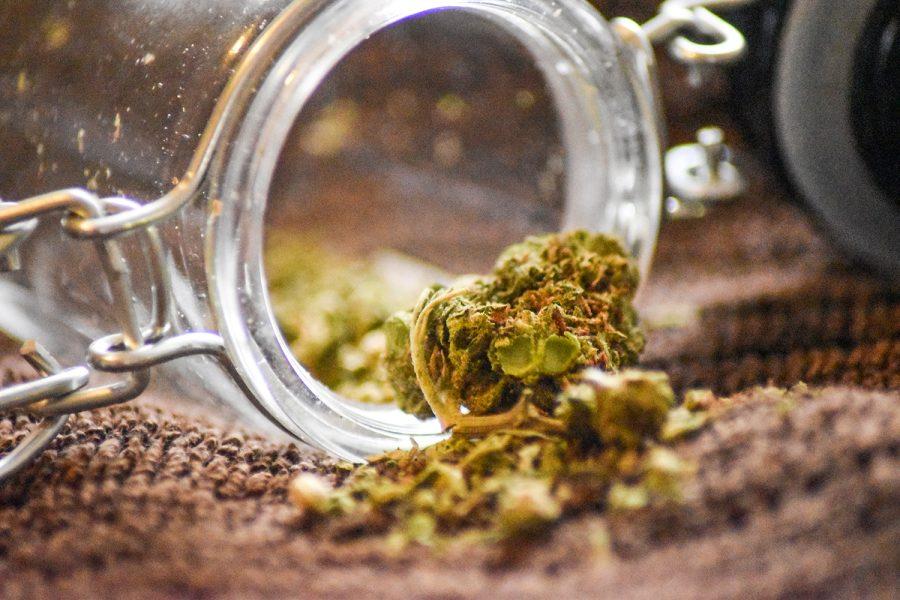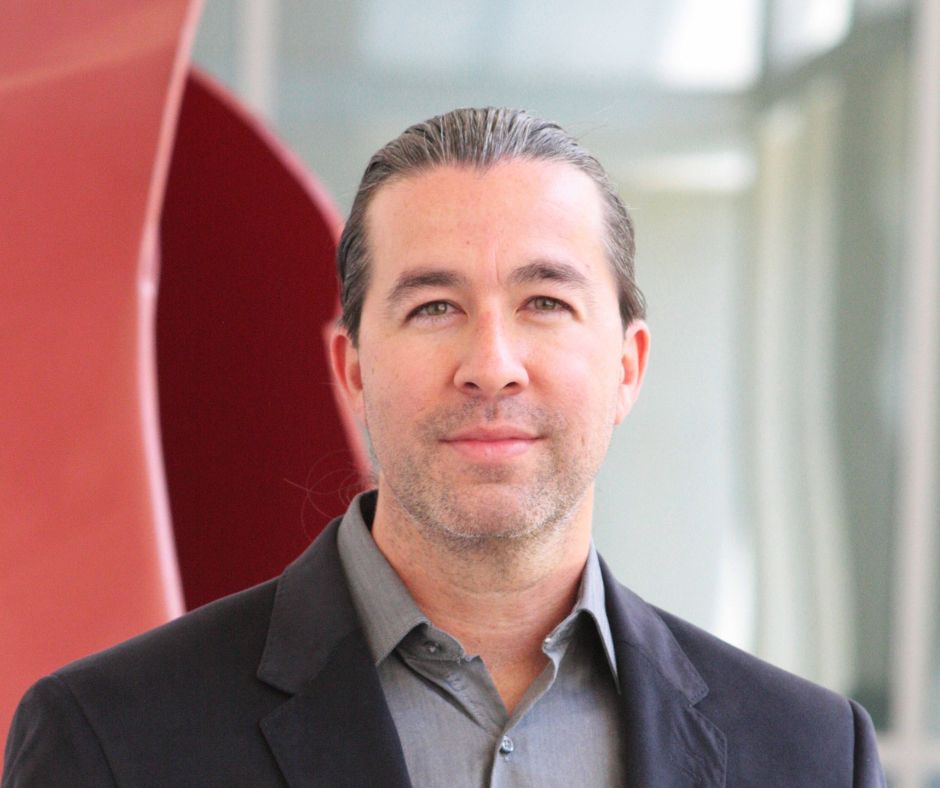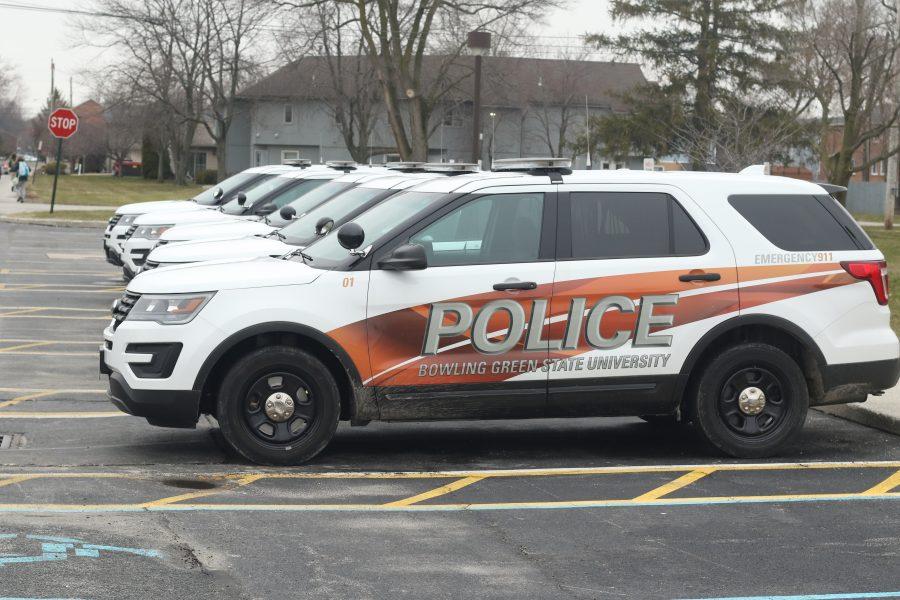Renowned freelance journalist and author Gwynne Dyer spoke in the Union theater last night about growing issues caused by climate change. Dyer, writer of the soon to be released ‘Climate Wars,’ was a guest speaker for the University’s annual Edward Lamb Peace Lecture. The lecture has been around for about 30 years, according to Gary Silverman, chair of the department of the environment and sustainability. ‘The country is looking to change the way it responds to the reality of climate change,’ Silverman said. ‘And Gwynne Dyer just finished a book on it, so he knows all about it. He is looking at climate change as a key factor now, where we are going to have a lot of wars internationally, including [wars] involving the United States, because of changes in the climate.’ Dyer started his research by traveling around the world talking to scientists and generals. Through this, he was able to come up with four specific conclusions about climate change. ‘The first is, that it is not only real, but … that it is coming a lot faster than even the most recent report of the Intergovernmental Panel on Climate Change, which only came out in 2007, suggests,’ he said. ‘Much faster.’ The report predicts the climate would increase by 1.8 and 6.4 degrees Celsius over the entire 21st century, he said. ‘Not a single scientist I interviewed believed that described reality, not one, anywhere,’ Dyer said. ‘They all think it’s much worse than that.’ ‘It is happening in quite the way they predicted, but it is happening far faster.’ he said. His second conclusion was that there will likely be wars caused by climate change. ‘The principal impact of climate change … is going to be on the food supply.’ Dyer said. He added that food will be unable to grow in certain countries because the temperature will be too high during crop season, causing a worldwide shortage of food. ‘Countries in trouble will have to starve or move,’ Dyer said. ‘Or attack their neighbors.’ He gave an example of Pakistan and India, who share water supplies, fighting over the use of them as water for crops becomes more scarce. His third conclusion was that there is a point of no return for the climate, which Dyer puts at around a two-degree increase. ‘There is a point of no return, a deadline, and we are going to blow through it.’ Dyer said. He said there needs to be more focus on stopping consumption of fossil fuels through alternatives such as nuclear power, wind farms, solar power or even geothermal power, which is using high pressure water and hot rock beneath the earth’s surface to create steam power. He said more developed countries, such as the U.S., have to lead the way by taking more responsibility because they are responsible for most of the issues that are developing. We have to take big cuts now and then transfer that technology to developing countries, he said. ‘We built the cliff that everyone is standing on,’ Dyer said. ‘We are all in this together, but the responsibilities are not the same.’ His final conclusion was that there are ways the world can cheat at fixing the climate issues, through geo-engineering. He suggested two ways governments can control the climate to avoid the point of no return. One way is to put sulfur into the atmosphere and use it to reflect heat, similar to actions observed near volcanoes. The other suggestion he offered is placing sea water in to low-lying clouds to reflect heat. ‘People talk about saving the planet, [but] we are not saving the planet, the planet is fine. It does not need our help.’ Dyer said. ‘What we are trying to do is save the climate we like, the climate that lets us … live at this comfort. So be honest about that.’ ‘We figured out what we are doing wrong too late to just let the natural systems fix themselves,’ he said. ‘I think thats the case; I hope I’m wrong.’


Follow us on social
- Children of Eden written by Joey GraceffaBy: Destiny Breniser This book was published in 2016 with its genre being Young Adult, Dystopian, and Apocalyptic. This story is about Rowan, who is a second-born child living in a city where her entire existence is illegal. She longs for the day when she can leave her family’s house and live without fear. She […]
- An Unwanted Guest written by Shari LapenaBy: Destiny Breniser A classic whodunnit that keeps you guessing till the very end. With twelve characters to read varying points of view from, there is always something happening to leave you wondering what is going on. This book was published in 2018 with its genre being a mystery thriller. The story starts with Reily […]

July 25, 2024

July 24, 2024

July 23, 2024
Author speaks about reality, possible implications of global climate change
February 26, 2009
Leave a Comment
Donate to BG Falcon Media
$1410
$1500
Contributed
Our Goal
Your donation will support the student journalists of Bowling Green State University. Your contribution will allow us to purchase equipment and cover our annual website hosting costs.
More to Discover

















